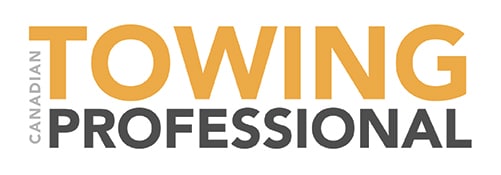CHICAGO–(BUSINESS WIRE)–The U.S. Department of Energy’s (DOE) Argonne National Laboratory has collaborated with the Faraday Institution in a newly released Nature review of challenges and opportunities associated with recycling lithium-ion batteries in electric vehicles (EVs). The review explains why recycling methods are needed, the advantages and limitations of existing approaches and improvements that could make recycling processes economically more efficient.
According to the review, the world needs better waste management solutions to handle the growing number of EVs to be retired from the market. Further, while these vehicles have the potential to help reduce greenhouse gas emissions and improve air quality, producing batteries for them has significant environmental impacts and could create a waste problem for recyclers at the end of their life.
“Right now the number of EV batteries requiring recycling is relatively modest. However, we can anticipate a dramatic rise in waste lithium-ion batteries as the number of EVs on the road and reaching end-of-life grows,” said lead author Gavin Harper, a research fellow at The Faraday Institution.
According to Harper and his co-authors, the vehicle recycling industry today is not prepared to deal with future quantities of waste at scale. Recycling is also a challenge for them because lithium-ion batteries come in various chemistries and designs. However, finding scalable methods is imperative for two major reasons: to minimizing landfill waste and to recover valuable elements and materials, a number of which are not available in many countries. Recovering and re-using these resources can maximum their economic value and minimize environmental impacts.
“We want to divert materials from the waste stream before they’re mixed up and degraded so that they become a source of domestic supply,” said co-author Linda Gaines, a transportation systems analyst at Argonne.
Institutions like ReCell, the DOE’s first ever lithium-ion battery recycling center, and The Faraday Institution are collaborating with industry and academic organizations to find ways of making battery recycling more efficient and cost-effective. On Nov. 7 and 8, ReCell will host an industry collaboration meeting at Argonne to share the progress it has made towards achieving this goal, and establish a vision for the future.
ReCell is funded by the Vehicle Technologies Office within DOE’s Office of Energy Efficiency and Renewable Energy.
Contacts
Lynn Hoff
lhoff@anl.gov
Johnathon Briggs
jbriggs@anl.gov






















